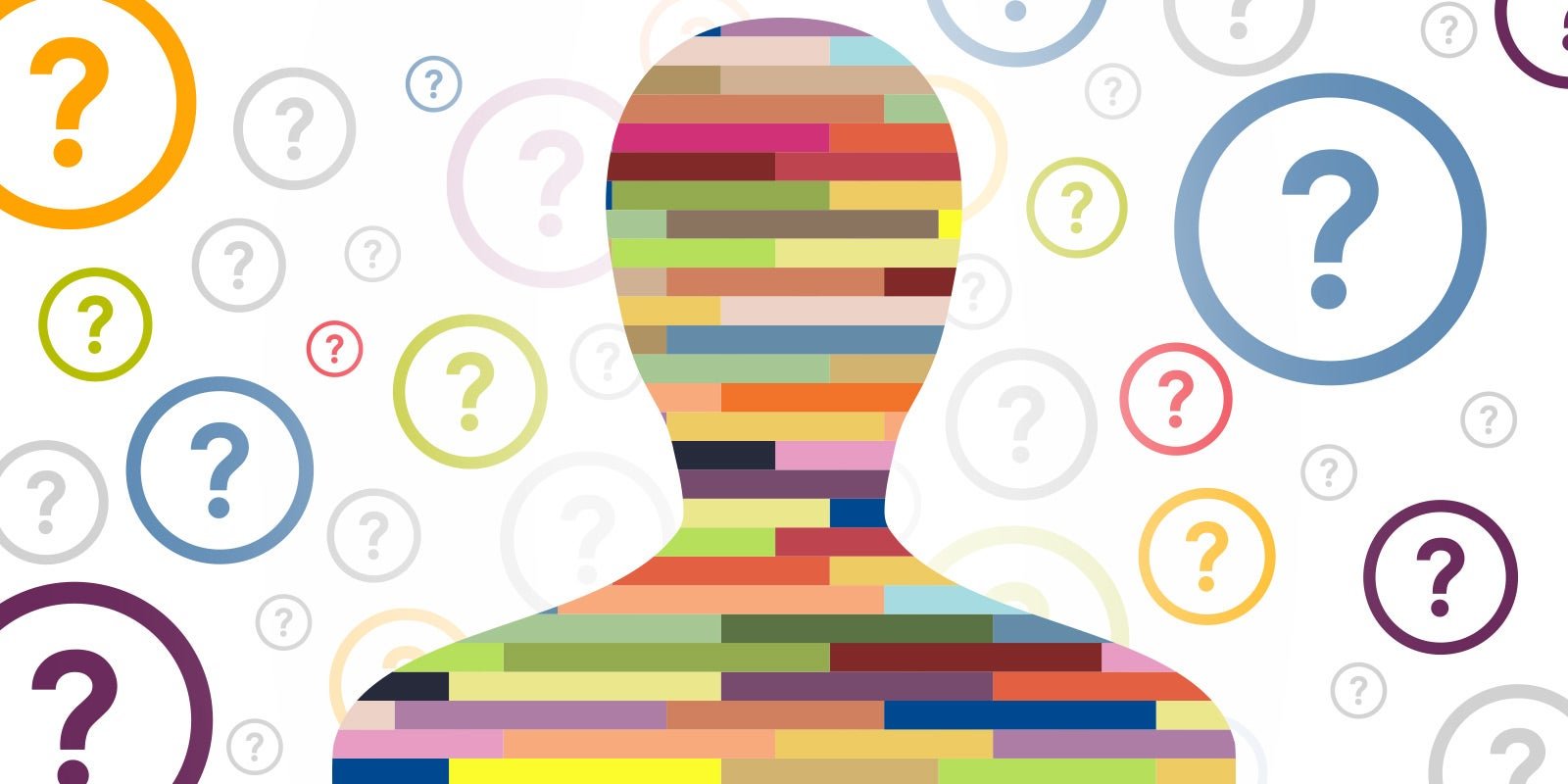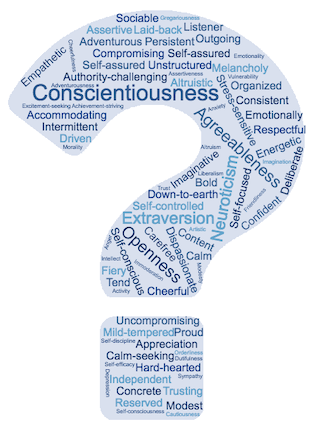What does your personality say about you? The personality test is a fun way to get insight into who you are and why you behave the way that you do. They can also be an insightful tool for employers, teachers, or any other professionals who may need to understand individual differences in behavior. This article will discuss how personality tests work, what they can tell us about ourselves, and how one can use them to make decisions.
What is a Personality Test?

A personality test is a tool to measure the character attributes of an individual in order to predict his or her behavior in various situations. There are many different types of tests, but they can be classified into one of two categories: structured and unstructured. Unstructured tests lack defined answers for respondents to choose from whereas structured tests provide respondents with choices.
What is the Most Common Type of Personality Test?
The most common type of test for employment screening purposes by organizations is a personality inventory or an integrity inventory. These tests aim to measure the honesty, dependability, and other traits that predict behavior in conflict situations. Some examples include Minnesota Multiphasic Personality Inventory (MMPI), The 16PF Questionnaire, the Integrity Inventory, etc.
What are the Most Useful Personality Tests?
Testing is most useful when one uses it to further understand specific situations or behaviors that have already got some relevant identification. For example, if an employee has missed deadlines in the past and you want to determine why this is happening, a personality test may be helpful for determining what factors contribute to his/her behavior. By understanding more about how your employees behave in certain scenarios, you can make changes within your company culture in order for them not to repeat negative actions again in the future. Some examples of types of tests include Integrity Inventory (focuses on honesty), EPQ-R (measures psychological needs).
However, there are many different categories of tests available depending upon which these tests get their basic outline and which organization is administering them. The administration and scoring process of most of the tests by individuals who have not received any type of formal training; however, they should receive some form of training before using the test to ensure that one interprets it correctly and there is no bias influencing their clientele.
Sample Questions For Personality Test
The demographic question on a personality survey is important. They help you know how people are different. You can use them to understand that some people have different personalities from others. Some of the most important questions are:

- What is your gender?
- What is your highest level of education?
- Which is your type of family?
- What is your family’s heritage?
- Which type of work do you do?
- Do you like to meet new people?
- Do you like to help people?
- If you are not guilty, but someone blames you for doing something you didn’t do, what should you do?
- When you get angry, how long does it take for you to calm down?
- Do you get sad or angry when you are not happy?
- Do you help people if you would not get anything in return?
- How do you make long-term goals?
- Do you get mad easily?
- Do you go to places where many people are?
- Are you concerned about other people?
- Do you always have things to do?
- How do you like to solve difficult problems?
- Do you make people feel welcome?
- Is it your go-to reaction when you have a problem to cheat your way out of it?
- Do you feel like there is too much to do and not enough time?
- How often do you go on trips?
- Do you like to know what is going on?
- How do you like to help people, animals, and the environment?
- Do you like that someone tells you what to do?
- Do you think people are always good, even if they do bad things?
This is a test about how someone likes to make decisions and what they like. There are questions in this quiz. It will tell you if they like to make decisions or not.
How are personality tests scored?
Personality tests typically have a five or seven-point scale.
For example, if I said to you that you were “very introverted” and asked what made you say that, I might get an answer from you like: “I enjoy being alone”. This would be marked as the behavior ‘introversion’ on a personality test with a five-point scale. If this was your reply it would mean that there is no doubt in my mind about your score for introversion. On the other hand, saying something more general such as “sometimes,” could mean either 0 or very slightly above zero because there’s not enough information here to know which one it really is.
The big thing here is how do we decide where to put our scale? In an ideal world, it would be a scientific fact that everyone should have their behavior/trait score at exactly five or seven. But this is not possible because those numbers are created by people and therefore can’t be completely objective. That’s why the scale is not to be taken too seriously. If you are told that your score for extroversion is only a three, it doesn’t mean you’re less of an extravert than someone who scores eight. It just means that this test isn’t able to pick up on how much introverted or extraverted behavior there really is in you because something about your personality limits what they can measure.
An example of a five-point scale:
- Very strongly disagree
- Slightly disagree
- Neutral/no opinion/don’t apply
- Slightly agree
- Very strongly agree (this would equate with ‘introversion’ in our example)
An example of a seven-point scale:
- Very strongly disagree
- Slightly disagree (This would equate with ‘neutral/no opinion/don’t apply in our previous five-point system.)
The following examples are all ones that you might find on your own test. The numbers here don’t mean anything special, but they are useful for labeling the different behaviors because it helps us to remember what’s going on. So if I said “you were quiet at the meeting yesterday” this could be scored as an instance of introversion or agreeableness depending on why you weren’t talking. If there was no reason and therefore nothing preventing you from speaking up then maybe it’s just a result of you being introverted. On the other hand, if it was because you were tired and not feeling well then this might be an instance of agreeableness since there is no reason for your silence that could be blamed on anything else going on in your life.
Tips for Good Personality Survey Responses
Personality tests have been around for a long time and have helped to give an insight into our behavior. This is not just in terms of how we act but also what motivates us. These tests have been used across many areas of life from the military to business. To be accurate, it is important that people answer honestly and take them seriously as they are not a little fun but can provide valuable information about an individual’s personality.
Here are some tips for filling out your questionnaire:
- Be honest with yourself – This is key to getting valid results from your questionnaire.
- Answer all of the questions – It is pointless only answering some as then you are not giving a balanced view. This means that you may think differently than others. So there can be a gap between how you see yourself and how other people see you.
- Think about your answers – The point of the test is to understand how you think and act. If you are not thinking about your responses, it defeats the purpose!
- Avoid extremes – There should be no right or wrong answer so do not put yourself in a box by answering with one extreme response. Also, try not to look at other people’s results as this can influence what you think is correct.
- Take the test seriously – This will help to ensure that people are not just going through the motions and filling out answers without thinking about them or understanding their meaning. If it looks like this, then the results may be skewed in a certain direction which can affect your overall report and make it less accurate.
Why Should You Prepare for a Personality Test?
When you go to see a psychologist, they might ask you questions. They might also give you some tests. These meetings can be formal and structured. There is a lot for the person in the meeting to lose. It is important for these professionals to have enough information so they can make accurate diagnoses and recommend suitable treatments.
If you are going through a hiring process that involves testing, then this is another area where you need to be prepared. The company might ask for your privacy but it will help them know who is a good fit for the job. Some people in this company might do a personality test before an interview. This means that if there are many people applying for jobs, they will do the personality test first.
Whatever kind of survey or test you are doing, it is important to prepare before filling out the form. This will help you get information that is good for yourself and for other people. This means to take it seriously. Think carefully about the question you are answering. If we do not follow these guidelines, then any results are not accurate. The whole process will have been a waste of time.
Conclusion
If you have a hard time understanding people, take this test to help understand what type of person they are. It’s important for any relationship to be able to communicate and understand each other as well as possible. The more information that is available about someone, the better your chances of being successful in building a healthy connection with them!
If you are looking for affordable Online Counseling MantraCare can help: Book a trial therapy session


